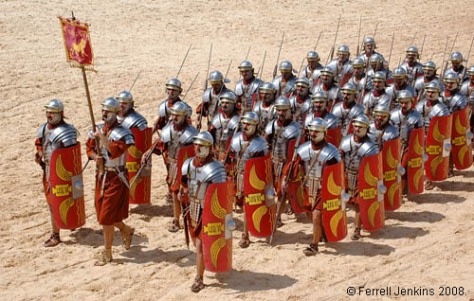Shanghai
As in “to shanghai someone” into doing something they don’t want to do. Meaning to coerce or kidnap.
Starting int he 1850’s the United State has a significant presence in China, mostly around the port of Shanghai. The port was the home of many, many bars and brothels that took in any number of American sailors. Unfortunately for many, the night of revelry turned into a morning of regrets as they found themselves alone and in the middle of nowhere, no money and no memory of how they got there or what concoction they drank to knock themselves out so soundly. Though waking up with an empty wallet and broke was not as bad as the other option.
Ships need sailors and they are not always picky about where they get them. When the money was gone it was not unusual for the unconscious men to be sold off to the highest bidder. So you may go to the bar the night before a crewmember of one ship, and wake up in the morning a crewman of another! And there was no recourse.
The first recorded use of “shanghai” as the kidnapping meaning came around 1860. That did not take long! So the next time you get blackout drunk and wake up in a strange place, just be glad it isn’t Shanghai!









